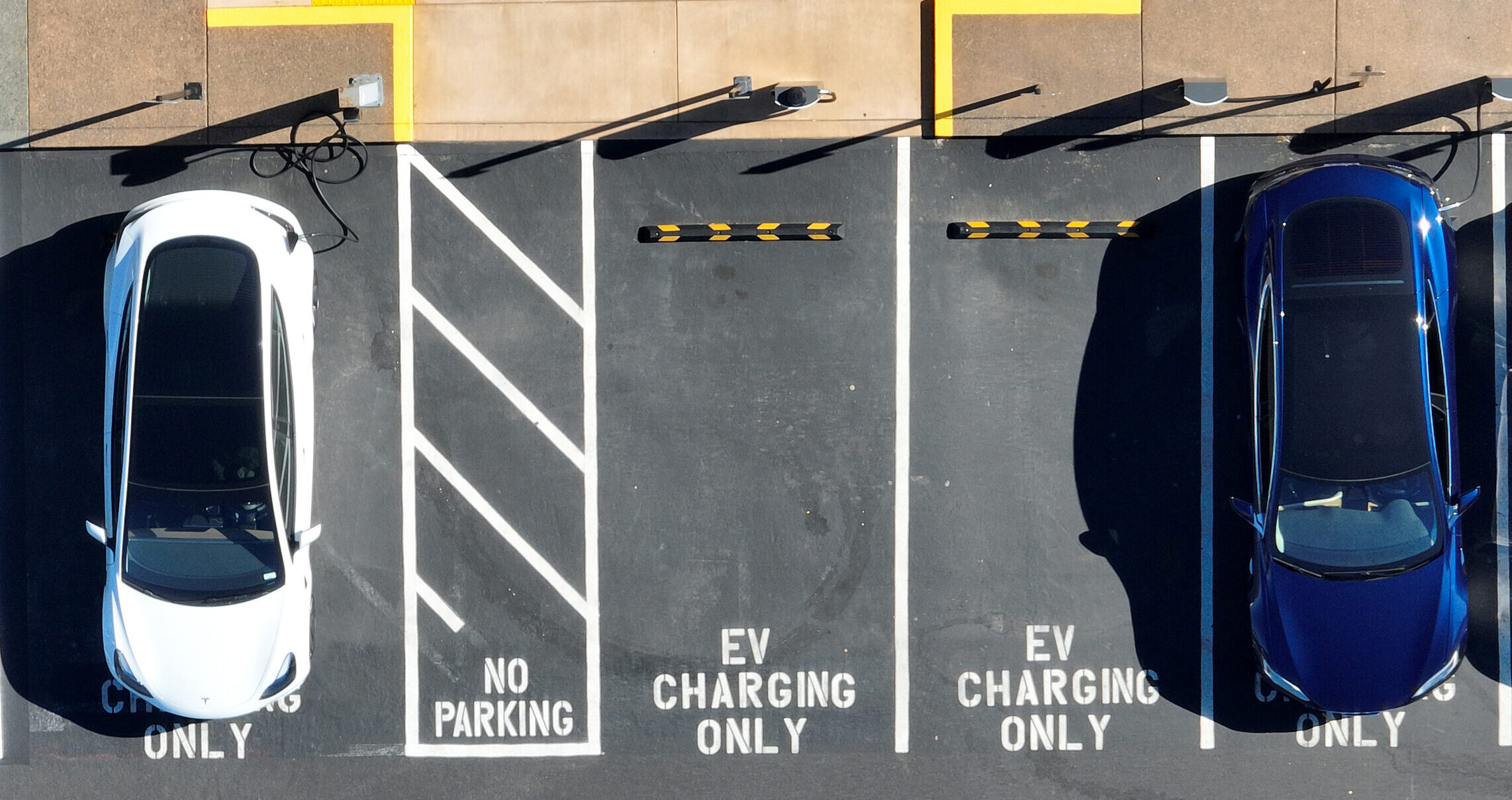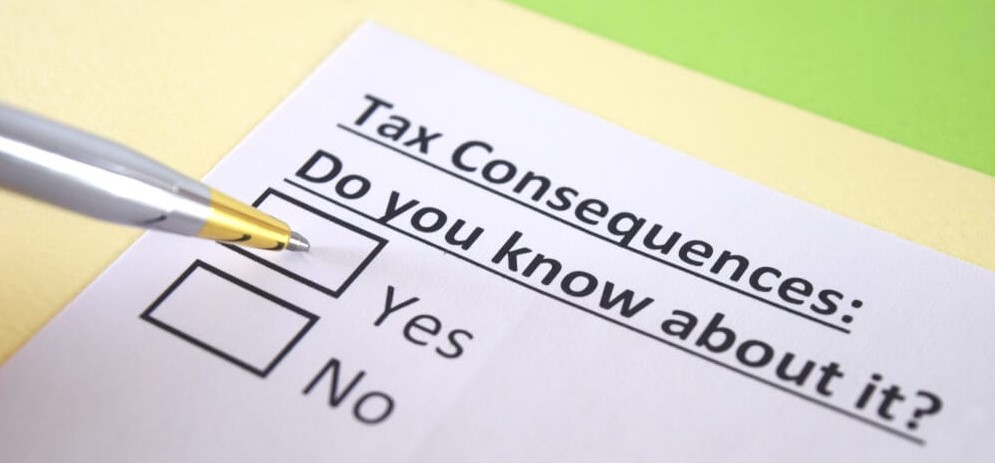Three key issues surrounding EV tax breaks that you should watch closely.
Recently, the Biden administration took a significant step in promoting electric vehicle (EV) adoption. The administration took action by issuing new tax rules as part of the Inflation Reduction Act. While these rules aim to provide clearer guidance, several unresolved questions remain. Here are three key issues surrounding EV tax breaks that stakeholders should watch closely.
Uncertainty Surrounding the $7,500 EV Rebate Eligibility
The Inflation Reduction Act includes a provision for a $7,500 EV rebate. However, ambiguity around eligibility criteria has left both consumers and manufacturers unsure about which vehicles will qualify for this rebate. This uncertainty can create challenges for prospective EV buyers. Many feel hesitant to commit to EVs without knowing whether they will receive the rebate.
There are concerns that the rebate could disproportionately benefit certain manufacturers or vehicle types. This may lead to an uneven playing field in the market. Policymakers and industry stakeholders will need to work together to establish clear, fair eligibility criteria.
The Impact of Tax Breaks on EV Affordability
One of the main goals of the EV tax breaks is to make electric vehicles affordable for the average consumer. However, critics argue that the current tax breaks may not be sufficient to significantly lower the upfront cost of EVs, especially for low- and middle-income households.
There is also debate over whether the tax breaks will primarily benefit high-income individuals who are already more likely to purchase electric vehicles. To address this concern, some advocates have called for additional measures to ensure that the tax breaks promote widespread EV adoption, such as income-based rebates or increased incentives for used EVs.
The Longevity of EV Tax Breaks
The Inflation Reduction Act’s electric vehicle tax breaks are an important step in promoting electric vehicle adoption, but their long-term impact will depend on the longevity and stability of these incentives. The EV market is still in its early stages, and manufacturers and consumers alike need assurance that the tax breaks will continue to support the industry’s growth.
As the EV market matures and becomes more competitive, policymakers may need to reevaluate the tax breaks and adapt them to suit the changing landscape. This may involve reassessing eligibility criteria, adjusting incentive amounts, or considering alternative incentives that better align with market trends and consumer preferences.
Remain Hopeful, But…
The Inflation Reduction Act has the potential to accelerate the adoption of electric vehicles in the United States, but unresolved questions remain. Policymakers, industry stakeholders, and consumers should keep a close eye on these issues to ensure that the tax breaks effectively support the growth and development of the EV market.











